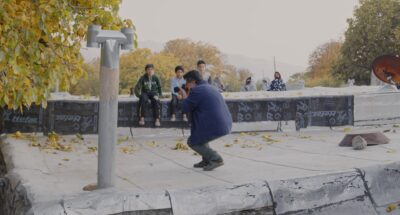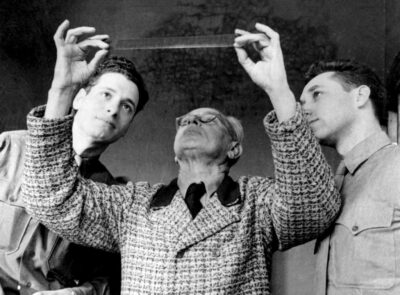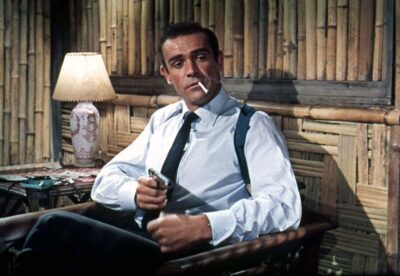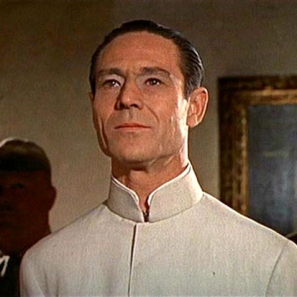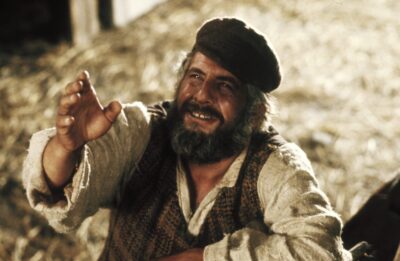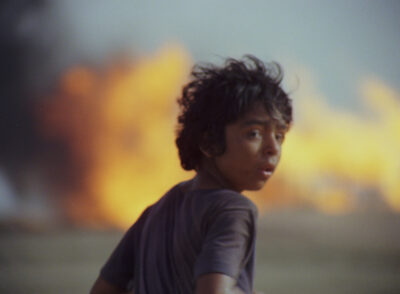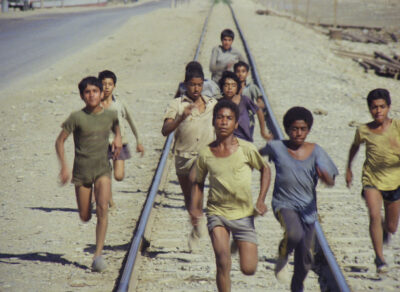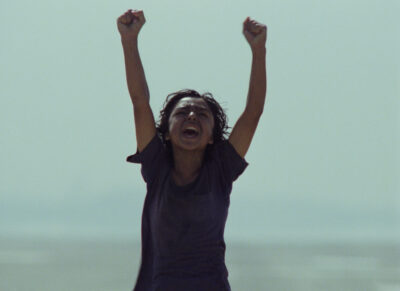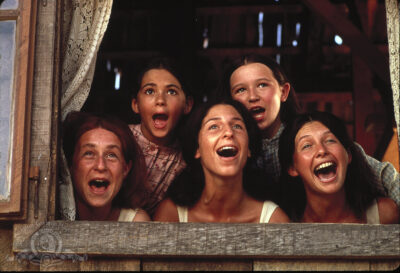Vienna, 1938: Austria is occupied by the Nazis. Dr. Josef Bartok (Oliver Masucci) is preparing to flee to America with his wife Anna when he is arrested by the Gestapo. As a former notary to the deposed Austrian aristocracy, he is told to help the local Gestapo leader gain access to their private bank accounts in order to fund the Nazi regime. Refusing to cooperate, Bartok is locked in solitary confinement. Just as his mind is beginning to crack, Bartok happens upon a book of famous chess games. To withstand the torture of isolation, Bartok disappears into the world of chess, maintaining his sanity only by memorizing every move. As the action flashes forward to a transatlantic crossing on which he is a passenger, it seems as though Bartok has finally found freedom. But recounting his story to his fellow travelers, it’s clear that his encounters with both the Gestapo and with the royal game itself have not stopped haunting him. Adapted with opulent attention to period detail by filmmaker and opera director Philipp Stölzl, Chess Story brings Stefan Zweig’s stirring final novella to life.
Chess Story opens January 20 at the Monica Film Center.
“Stölzl craftily melds the genres of period drama and psychological thriller, not for the purposes of reheated nostalgia, but to shed a cold light on the recursions of historical trauma.” ~ William Repass, Slant Magazine
“The adaptation of Chess Story is one of the rare cases in which the film has not only managed to leave the original behind, but to surpass it. Visually intoxicating.” ~ Süddeutsche Zeitung
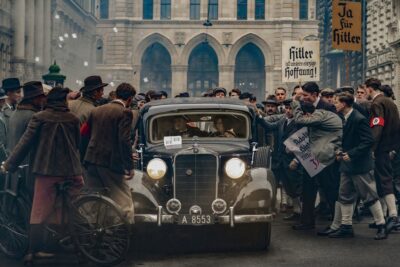
STATEMENT BY DIRECTOR PHILIPP STÖLZL
“I encountered The Royal Game [the alternative title of Chess Story] at a very early age. Zweig’s mysterious and impressive story etched itself into my memory and is one of those stories that have accompanied me in one way or another through my entire life. When Philipp Worm and Tobias Walker told me about their plans to make a new film version, I was delighted, read the screenplay with interest – and loved it.
“Our aim was to make a sensuous, intense feature film that would appeal to a wider audience with a brilliant cast, tight production and powerful visuals that really fill the whole screen. The contrast between claustrophobic imprisonment and the expanse of the ship that pounds across the Atlantic to America through the endless mist creates a field of tension in which Zweig’s literary metaphor can be told as a “big” story.
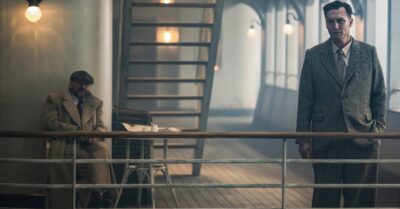
“The nice thing about the very courageous approach of screenwriter Eldar Grigorian to The Royal Game is that it represents a kind of condensation of the surreal secret that the novella already contains. The Kafkaesque pitch Zweig has chosen for his narrative becomes a decisive inspiration on the journey of the material to the big screen.
“On the one hand there is the intense, restrictive chamber play about the duel between Bartok and Gestapo man Böhm, who interrogates him and has him tortured. Then there is the – seeming – voyage to America and on board the game against the silent and enigmatic world chess champion. The persistent mist gives the journey something surreal, as if the giant ship were a barge of the dead, and the passengers mere ghosts. For this reason, the fact that this all turns out to be a dream in Bartok’s head is not a denouement or a surprise in the traditional sense, but more the final chord of a gloomily poetic tale. And finally, the prisoner’s battle against his own insanity in the solitary confinement cell, which he tries to escape from with his “mental chess” and at the same time achieves the opposite, sliding further in instead. Here, the film is an intense trip, because we are very close to our protagonist and accompany him down into the abyss and mental confusion.
“All these narrative levels are interwoven and initially “make sense.” But the longer Bartok is in solitary confinement and loses touch with reality, the more mysterious things become on the ship, the more the audience also become lost in a labyrinth that resembles an oppressive daydream. To this extent I would say that in this film, Zweig’s more distanced experimental design becomes a cathartic, intense and emotional vexatious game that will hopefully enchain and grip the audience.
“Zweig’s story did not end the way the film does. The bleak, dismal ending of his novella expresses the fear of impending Nazi world rule. We, however, know that it turned out differently, that it became light again after a dark night. And we want the audience to leave the cinema with this meaningful and encouraging certainty.
“The backdrop to all this is the true story about Nazi Germany’s annexation of Austria. This political level of The Royal Game makes the film timelessly relevant because it shows how incredibly quickly a seemingly firmly anchored free world can tip over into a dictatorship. It tells of how thin the layer of skin of a civilisation is and how close to the surface barbarism lies. And it tells us in this way to be alert.” ~ Philipp Stölzl, 19 October 2020

